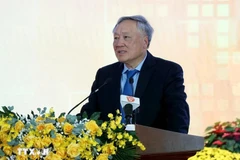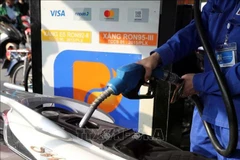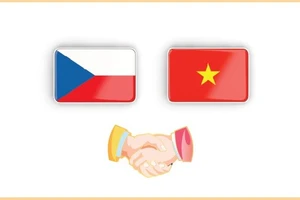The forum, jointly held by the VietnameseMinistry of Finance (MoF), the German Agency for International Cooperation(GIZ), the European Union, and the German Ministry for Economic Cooperation andDevelopment, discussed and proposed initiatives and solutions toimplement major orientations on finance and budget in the coming time,following those approved in the Finance Strategy by 2030.
MoF Deputy Minister Cao Anh Tuan said that financialand budget policies and solutions in recent times have contributed to stabilisingthe macro-economy, controlling inflation, and basically ensuring major balances.The GDP growth reached 5.33% in the third quarter of 2023, and 4.24% in thefirst nine months of this year. The 10-month average consumer price indexincreased by 3.2%. Production and business activities have been restored andare increasingly developing.
Budget spending has prioritised greengrowth, state budget spending for environmental protection becomeincreasingly specific and clear, and public investment for green growth been mainstreamedin investment priorities for industries, sectors, localities and environmentalworks, said Tuan.
Arne Främk, GIZ representative, Team Leader of the “Strengthening PublicFinancial Management in Vietnam” project, highly valued the VietnameseGovernment’s efforts to carry out green growth solutions and facilitate continuouseconomic growth while maintaining a healthy balance and managing environmentalimpacts.
Towards sustainable green growth, shestressed that the energy transition process requires huge financial resources which cannot be met from the Government alone. Therefore, GIZ recommends a fairtransition solution. Budget, public debt and tax management could be afoundation for broader reforms, as well as stimulating investment from theprivate sector.
To help Vietnam grow sustainably, Ngo ThiKim Thu, representative of the European Union Delegation to Vietnam, said thatthe EU Delegation to Vietnam also has programmes and policies to supportVietnam in energy transition.
Currently, the delegation and otherinternational partners have committed to mobilising more than 15 billion USD tosupport Vietnam in its just and sustainable energy transition to achieve itsnet emissions target by 2050./.





























